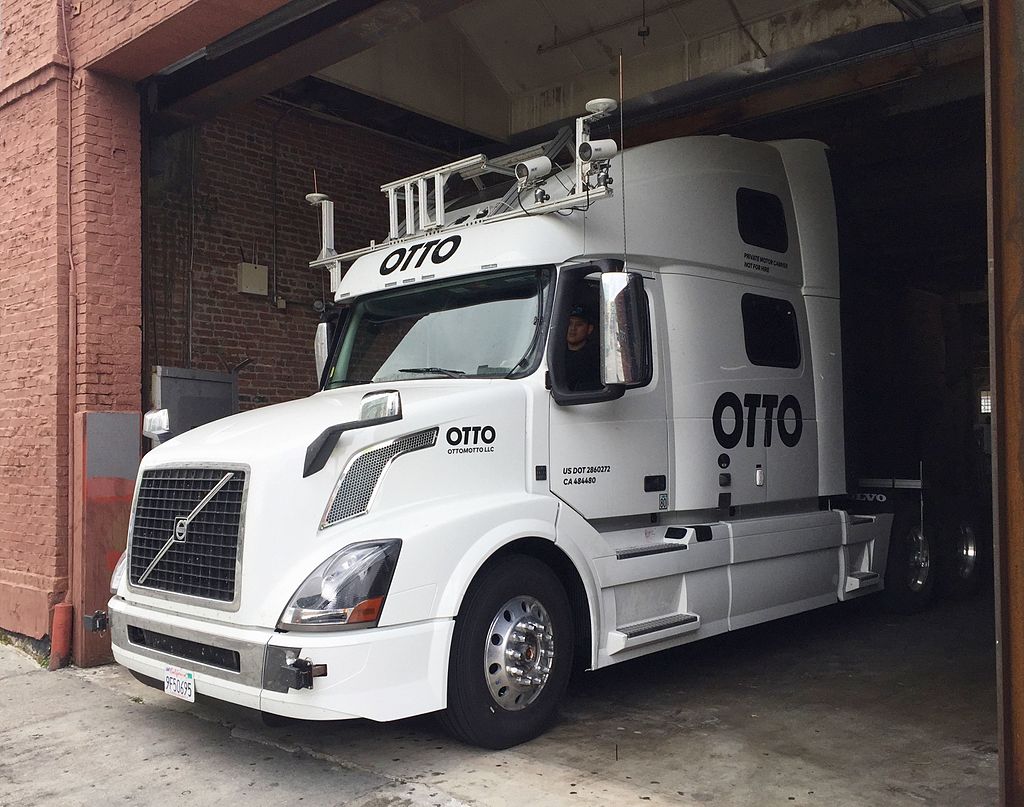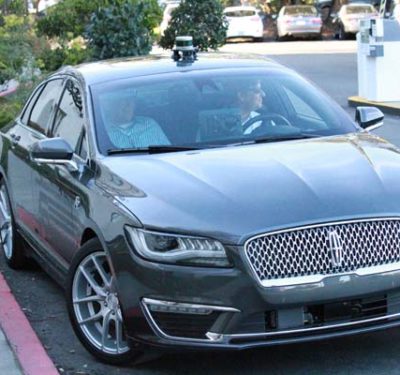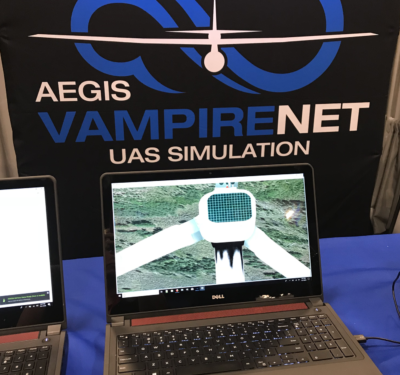
Uber bought autonomous trucking startup Otto for $680 million (Photo: Steve Jurvetson).
A federal judge said last week that he didn’t see clear evidence that Uber Technologies conspired with engineer Anthony Levandowski to steal trade secrets from Google parent Alphabet’s Waymo self-driving unit.
According to published reports, U.S. District Judge William Alsup, in San Francisco federal court, said it was undisputed that Levandowski downloaded 14,000 documents before he stopped working for Waymo and founded a company that was purchased by Uber. However, the court may soon have to decide if the evidence is enough to grant Waymo’s request for a preliminary injunction to preclude Uber from using the files, which the ride-share company said cannot be found on its servers, according to published reports.
The injunction would bar Uber from using proprietary LiDAR technology until the lawsuit is resolved.
Levandowski, who invoked his fifth amendment rights during a deposition, is stepping aside from working on some of Uber’s self-driving vehicles, according to published reports. He initially worked on the Google self-driving program in 2007 and stepped down in 2016.
In another interesting development, Bloomberg reported that Uber is establishing a center in Toronto to develop artificial intelligence software for autonomous vehicles. The center, part of the company’s Advanced Technologies Group, will based at the University of Toronto, the story said.
Industry Waiting Out Lawsuit…
Many in the nascent autonomous vehicle industry are awaiting who will prevail in the lawsuit, which some say could derail Uber’s efforts. While much of the lawsuit’s writing is heavily redacted, and blackened out, many allegations are explosive.
Princeton University professor Alain Kornhauser, who always bristles when reporters and industry execs can’t differentiate from “self-driving” and “driverless” definitions, said in his blog that Uber and Lyft have to have fully autonomous capability to stay alive.
“Self-driving doesn’t cut it for them. It will take an enormous amount of work and fortitude to get all of the nitty-gritty details right in order to evolve self-driving to driverless,” he said.
Kornhauser believes that it will be unlikely that a traditional auto company will evolve their self-driving efforts to fully driverless capability. “Car companies want self-driving. [It] will be so easy to simply throw up one’s hands and give up while throwing roadblocks at others, that it is unlikely that any traditional auto company will evolve their self-driving efforts to driverless,” he said. “Much more likely is an outside disrupter who doesn’t have a 100-year legacy to protect, doesn’t know how to sell chrome and fins, but can finance not only the [research and development], but the manufacturing, the ownership, the maintenance and the operation of a capital-intensive fleet. It will take deep pockets for the R&D and manufacturing, but once made, these driverless products become cash machines. The evolution of this revolution will be very interesting to watch.”
Kornhauser, who is operating an autonomous vehicle conference at Princeton on May 17-18, said that if companies can only operate “self-driving” vehicles, then the future is completely different for services. “It is more of what we have now for which there is essentially zero car sharing—that is growing glacially and unlikely electric because electric has little resale value and requires the car-sharing provider to install rechargers at every car-share location,” he said. “So it’s all about driverless. And only good was doing driverless, but one wonders what Waymo is really doing since they seem to have abandoned the bug and gone [with] minivans.”





